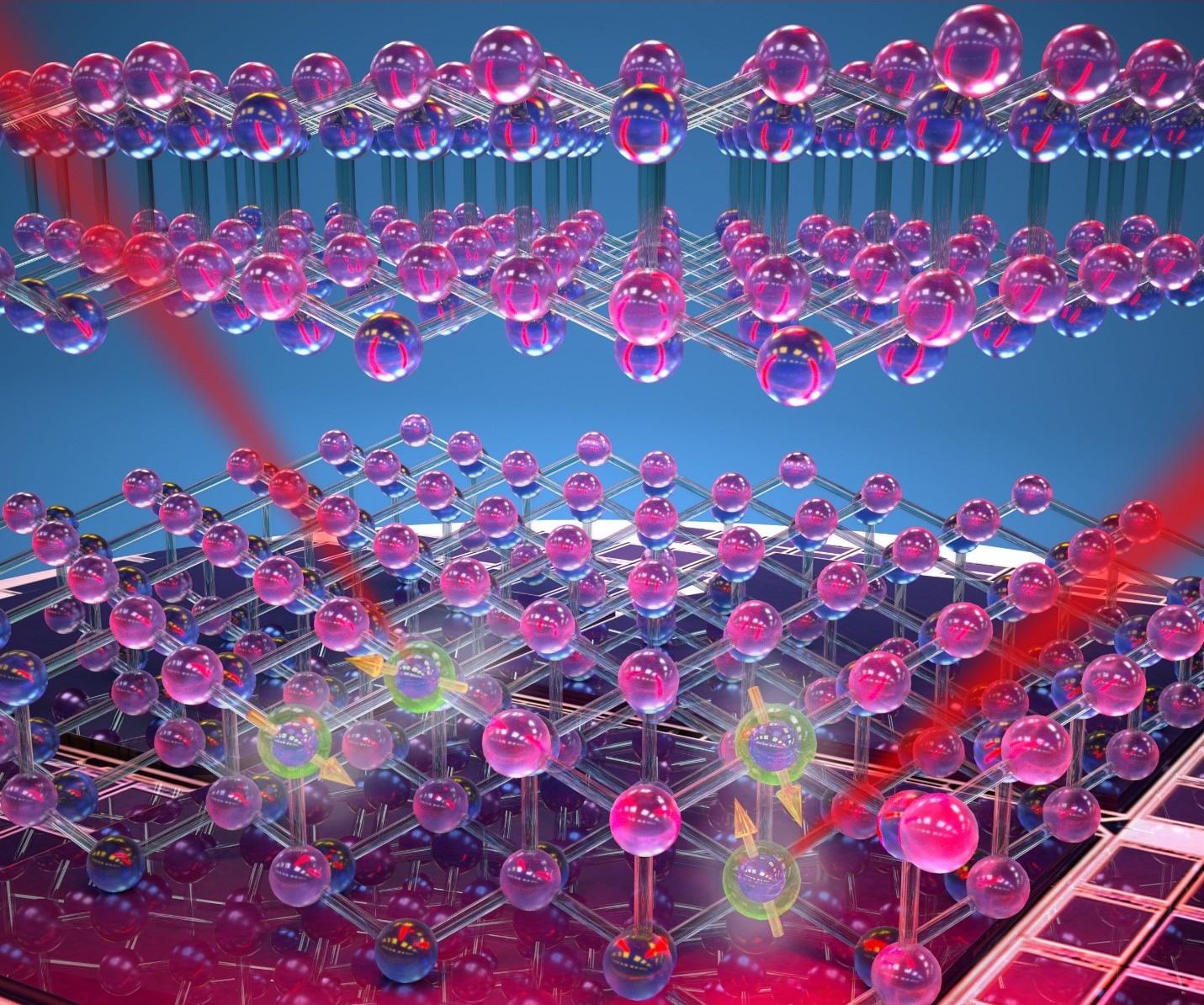There is growing interest in quantum information science (QIS)—forms of computing and information processing that might get around “classical” physical limitations by relying on exotic quantum effects.
Such effects include “superposition”—whereby a quantum system can exist in all possible states until it is observed—and “entanglement”—whereby multiple particles or states are correlated with each other, regardless of distance.
The DOE Office of Science (SC) efforts in QIS, informed by community input, target DOE-mission-focused applications by leveraging SC’s unique strengths. Major contributions to QIS focus on the following areas: (1) Supporting fundamental science that underpins quantum computing, simulation, communication, and sensing; (2) Creating tools, equipment, and instrumentation that go beyond what was previously imaginable; and (3) Establishing DOE community resources that enable the entire QIS ecosystem to innovate.
SC targets applications in four major areas:
- Quantum computing. Rather than relying on bits with the value of 1 or 0, quantum computing uses qubits, which can exist in a probabilistic mix of both values simultaneously. Quantum computers, while not a substitute for classical computers, have the promise to be extraordinarily powerful at solving some problems in science, including certain simulations, optimization, and machine learning tasks.
- Analog quantum simulation. It is believed that quantum systems would be especially apt at simulating actual physical quantum behavior, whether in material or chemical systems.
- Quantum communication. Quantum information systems hold out the possibility of extremely secure encryption—a major attraction in an age where cybersecurity is constantly at risk.
- Quantum sensing and microscopy. It is believed that sensors based on quantum effects could be exquisitely sensitive and could aid in understanding everything from biological systems to the nature of dark matter.
Recognizing the great potential of QIS, and also aware of the growing international competition in this promising new area of science and technology, Congress passed the National Quantum Initiative Act, which became law in December 2018.
The DOE Office of Science is an integral partner in the National Quantum Initiative and has launched a range of research programs in QIS. Research projects range from single investigators within specific disciplines to large integrated centers that span the Office of Science. To learn more about these endeavors, visit the National QIS Research Centers and Program Office QIS pages.
View Slides


